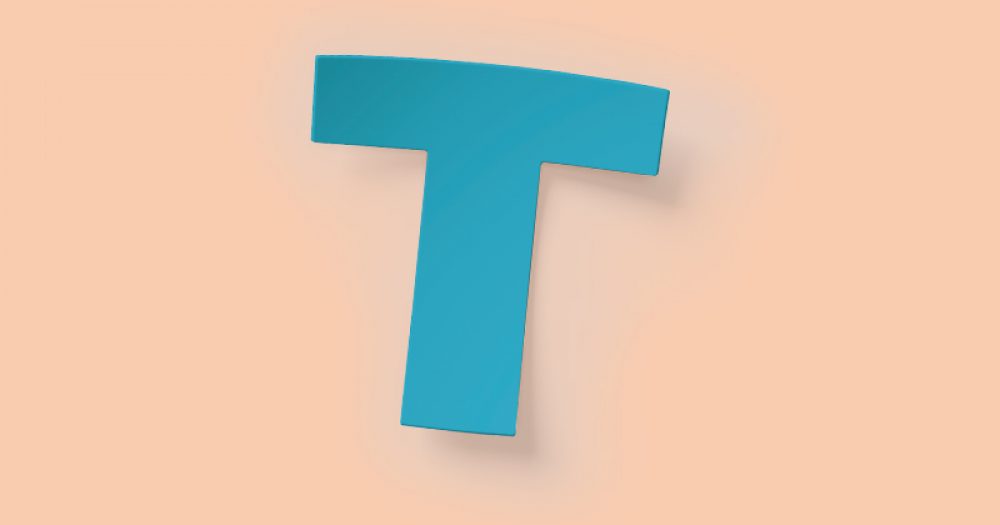In terms of ensuring a pipeline for T-levels and enabling more young people to access level 3 study, the T-level Transition Programme is crucial, says Catherine Sezen
There has been a lot of focus on T-levels over the past 18 months: level 3, rigorous, substantial study programmes with industry placements of 45 days. However, there had not been as much emphasis on the Transition Programme for T-levels, which, for colleges with large level 2 cohorts, may have greater impact on delivery.
Behind the scenes, though, as noted in their December 2018 T-level Action Plan, the Department for Education transition team were out and about speaking to key stakeholders about transition programmes to level 3.
At the Association of Colleges we are delighted to be working with The Challenge alongside DfE and a number of the 2020 T-level providers to flesh out what a successful T-level Transition Programme could look like and support early delivery from September 2020.
So, who is the Transition Programme aimed at? The 2016 Sainsbury Review of Technical Education stated that every young person “should have the opportunity to benefit from technical education – including those with special educational needs and disabilities (SEND)” while at the same time acknowledging that there will be some young people “who are not ready to access a technical education route at age 16”.
The T-level Action Plan confirmed that it will be targeted at young people “who are not ready to start a T-level at age 16, but who can realistically achieve a T-level by age 19”.
This is a significant group of young people – just over 20% of the college cohort according to AoC data. Meanwhile, 48% of current level 3 students start this level at age 17, suggesting that it is more than likely that they studied a level 2 programme in the previous year.
This is the beginning of an exciting journey
While the T-level Transition Programme may not be the answer for all of these young people, in terms of ensuring a pipeline for T-levels and enabling even more young people to access level 3 study the Transition Programme is crucial.
Level 2 students have so much potential, but they have not always had the opportunity to flourish in their previous learning environment. They often lack employability skills, including English and maths at grade 4 or above and they need encouragement to find their niche and to fly.
What will the offer be? Again, we need to go back to The Sainsbury review which said that a transition “year” (now “programme”, as it will be a study programme) “should be flexible and tailored to the student’s prior attainment and aspirations”.
The report recommended that “the key objective for the year remains to provide tailored provision that has a sharp focus on basic skills and on progression”.
The review also recommended that “the new transition year is available to students alongside first teaching of the technical education routes”. In the first instance this will, of course, focus on supporting students to progress to the first three T-levels in education; design; surveying and planning; digital production; design and development.
T-levels are innovative new technical study programmes. The T-level Transition Programme will need to focus on helping young people develop the skills, experience, knowledge and behaviours required to progress on to, and successfully complete, one of these new programmes, through the provision of a preparation period that both meets individual needs but also the specific requirements of the specific T-level.
Learning from this phase of the project will help inform and shape not only Transition Programmes for 2020 providers, but it will also establish good practice that can be adopted by 2021 providers and subsequent waves.
This is the beginning of an exciting journey and we look forward to being able to share more detail as the project continues.









Your thoughts